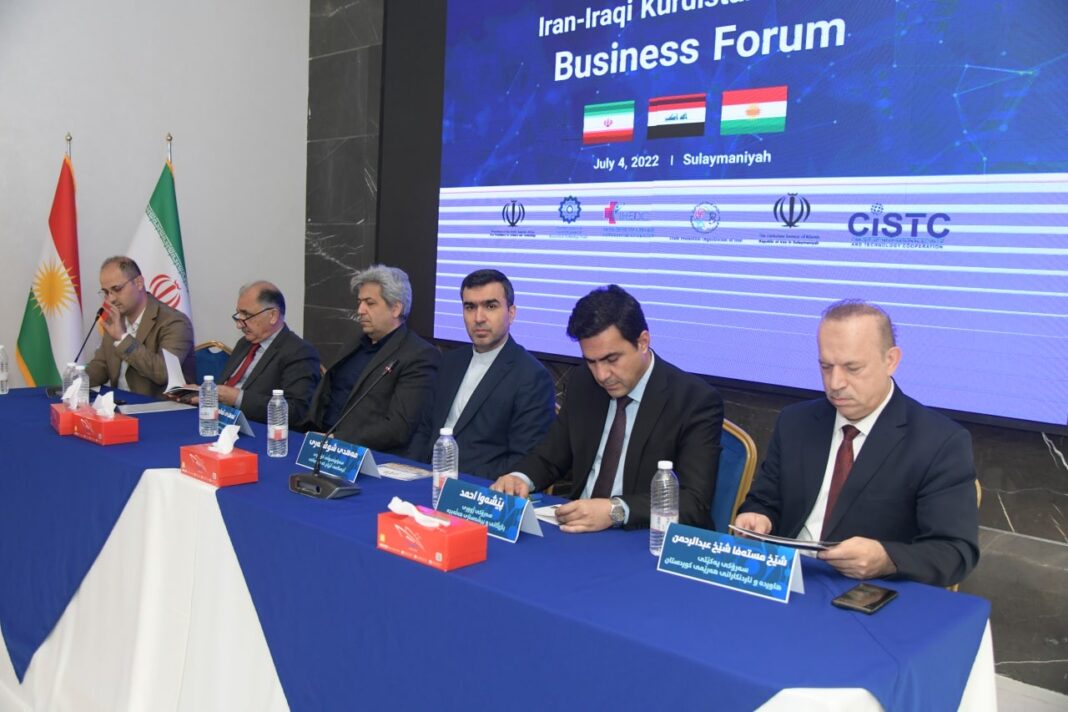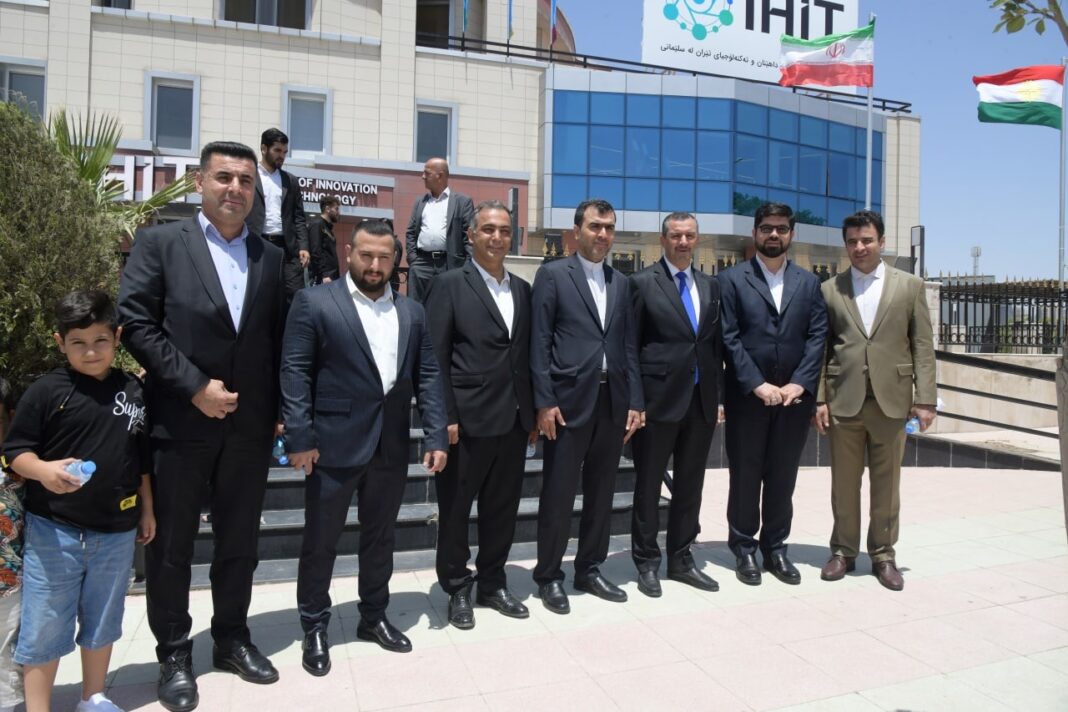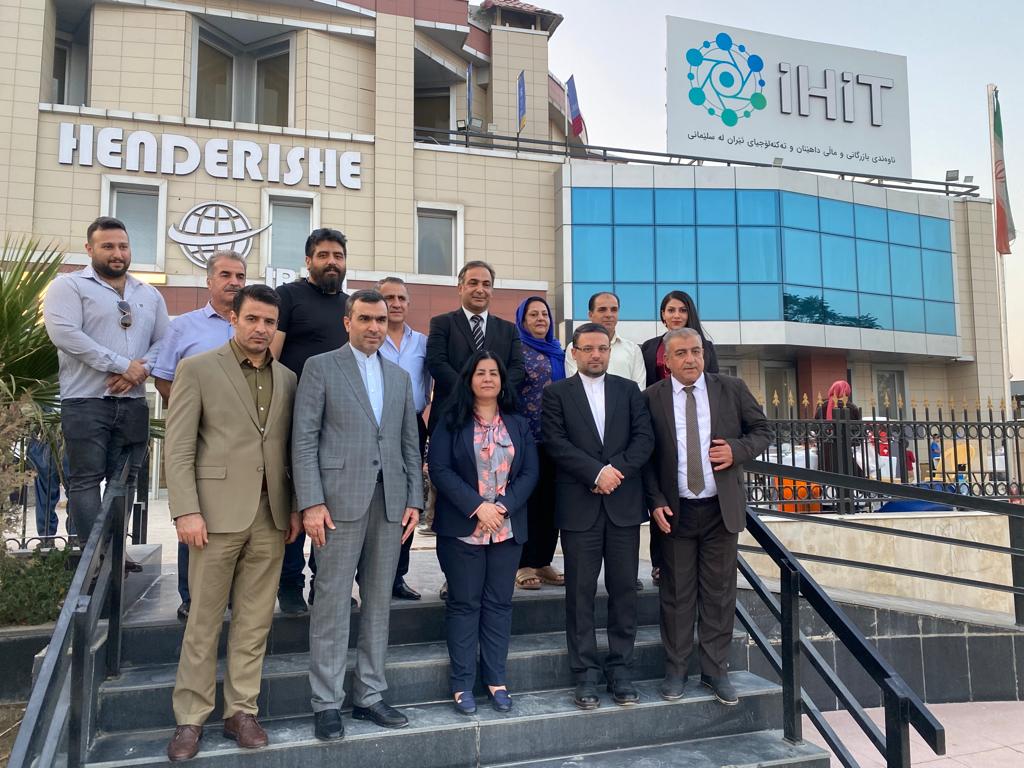1. Growing Trade Connections
The Kurdistan Region is strengthening its trade ties with global markets, expanding exports in oil, agriculture, and manufactured goods. Agreements with neighboring countries and international partners have led to an increase in foreign trade volume, boosting economic growth.
2. Foreign Direct Investment (FDI) Trends
Kurdistan continues to attract foreign direct investment (FDI), particularly in energy, construction, and infrastructure. Business-friendly policies, tax incentives, and strategic location make it a prime destination for international investors. However, bureaucratic challenges remain a barrier to faster growth.
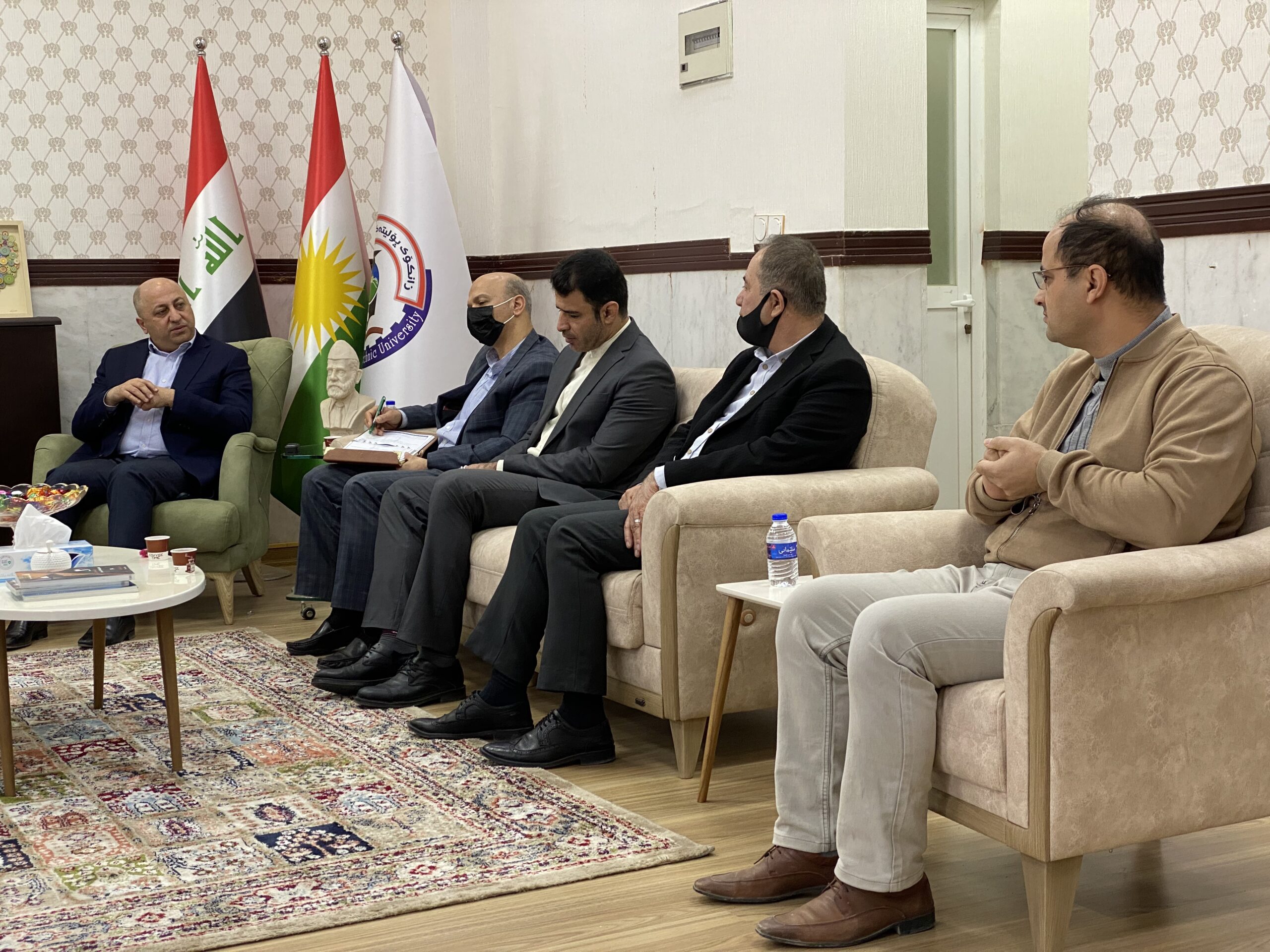
3. The Role of Oil in International Trade
Kurdistan’s economy remains heavily dependent on oil exports, which are influenced by global energy prices and geopolitical shifts. While oil revenues provide financial stability, fluctuations in the international oil market impact government budgets and investment projects.
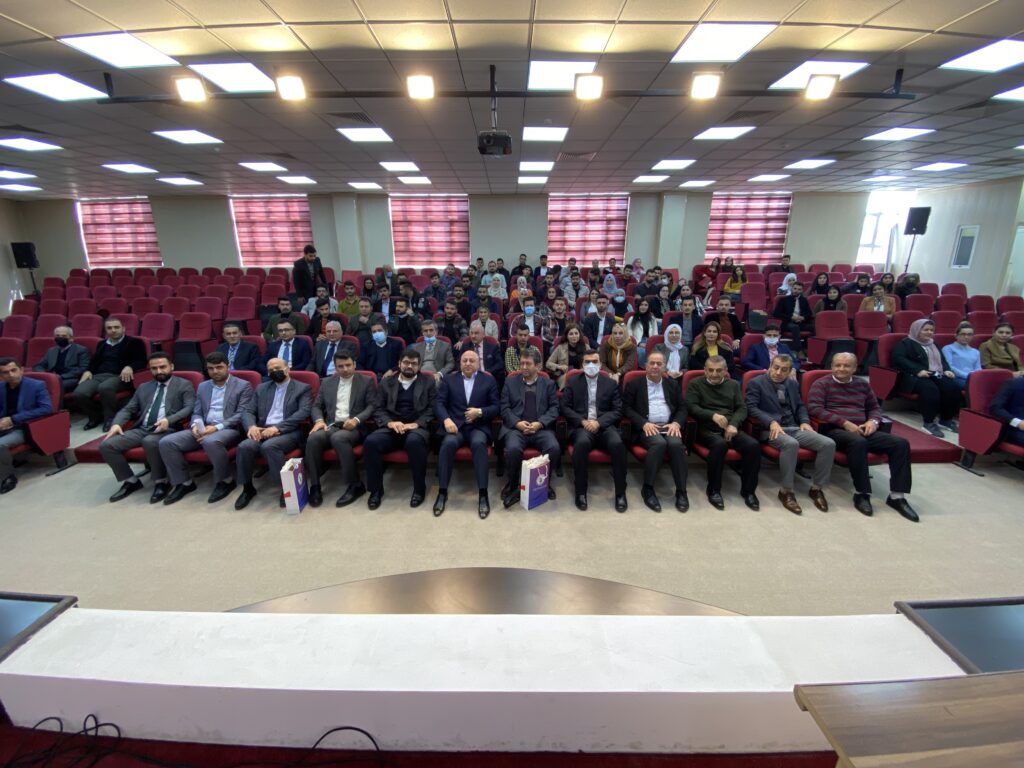
4. Diversification Efforts and Non-Oil Sectors
To reduce reliance on oil, the Kurdistan Regional Government (KRG) is promoting investment in tourism, agriculture, and technology. These efforts aim to create a more resilient economy that can withstand global financial fluctuations.
5. Challenges and Future Outlook
While Kurdistan’s integration into the global economy is progressing, challenges such as political instability, trade restrictions, and infrastructure gaps need to be addressed. Continued reforms, stronger regulations, and enhanced global partnerships will determine the region’s long-term economic success.

